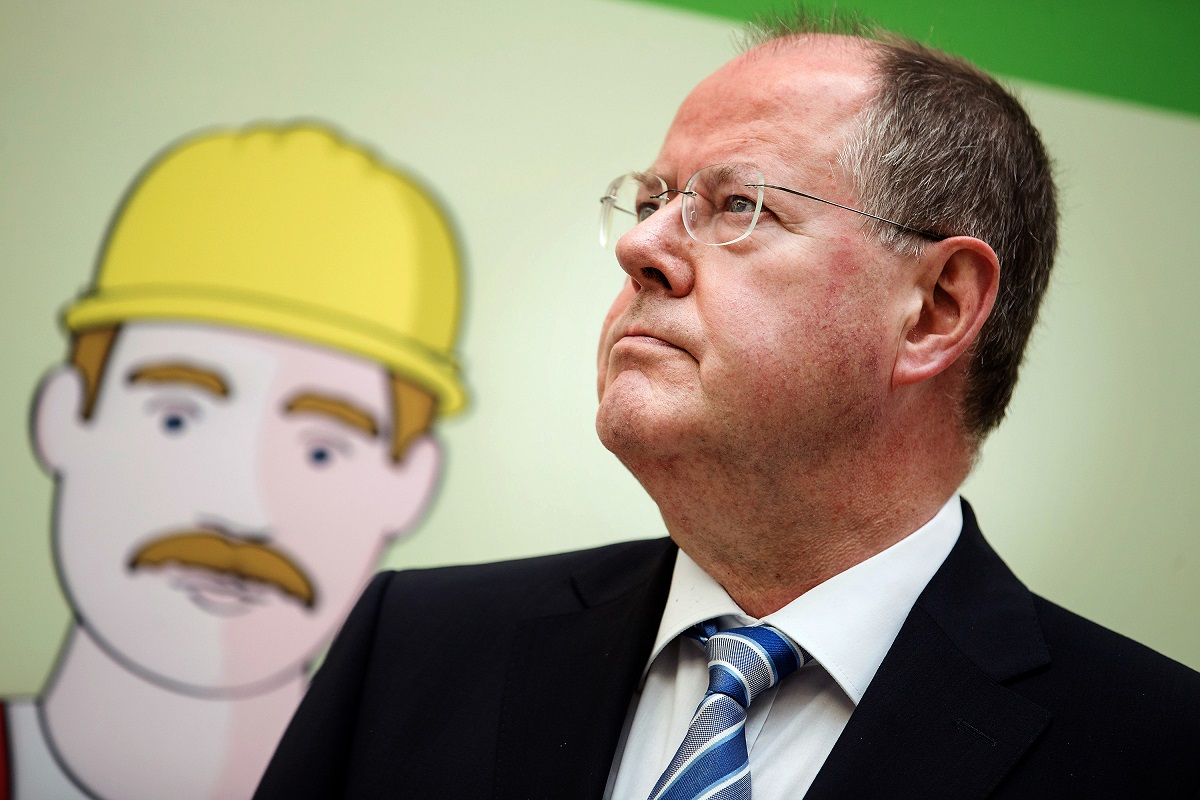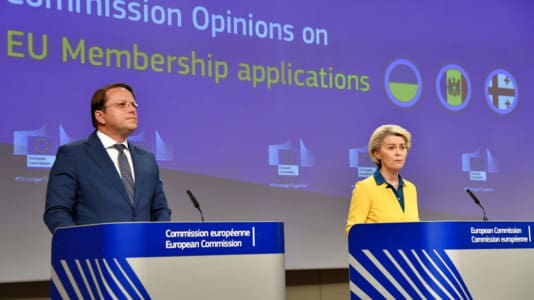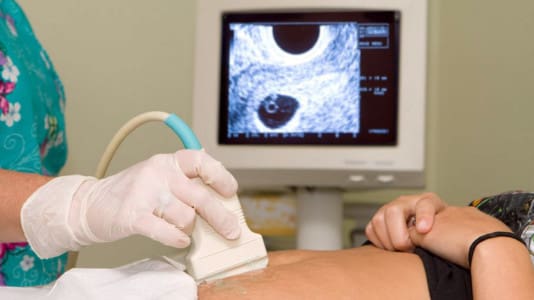Germany will face “three to five very difficult years” that will call in question the country’s “prosperity paradigm,” former Finance Minister Peer Steinbrück warned on Wednesday.
During an appearance on the Maischberger talk show, the Social Democrat (SPD) politician said that Germany will not see any growth and in turn this could hurt the country’s social welfare distribution model. His successor Christian Lindner (FDP) already made a similar statement on Tuesday.
Unemployment is also likely to rise, warned Steinbrück, who stressed that the gravitas of the situation had not yet reached the German populace.
“I believe that the civilian population has not yet, because of certain inertia, understood what this turning point means,” he told the talk show.
Steinbrück blamed the monetary policy of the European Central Bank (ECB) for the current situation, claiming the rise in inflation was predictable and “a risk hanging over us for a year or two.” In his view, the currency devaluation is not solely due to the Russian war in Ukraine but rather the risk had been created beforehand, “among other things due to the ultra-expansive policy of the ECB.”
The ECB underestimated inflation and tried to camouflage it, Steinbrück said, accusing the bank of “pumping a lot of money into the markets” and claiming that “it should have known that the question was: How do I get the toothpaste back in the tube?”
Inflation was already steadily rising before the pandemic, with many central banks embarking on a historic level of money printing that many economists pin as the primary cause of the rampant inflation seen across the globe.
Criticism of the EU status of “highly corrupt” Ukraine
Steinbrück does not believe that his successor as finance minister, Christian Lindner, will be able to comply with the debt brake in the future:
“I don’t know how he wants to do it. Above all, how he wants to do it without tax increases.” Steinbrück said, suggesting an increase in inheritance tax as a possibility.
The former prime minister of North Rhine-Westphalia also criticized the possible status of Ukraine as a candidate for EU membership, which materialized solely due to the war.
“There are admission criteria, and, unfortunately, Ukraine is quite far from that,” said the former politician, adding that Ukraine is a country “riddled with oligarchs, which is highly corrupt, and which has a very political judiciary.”






